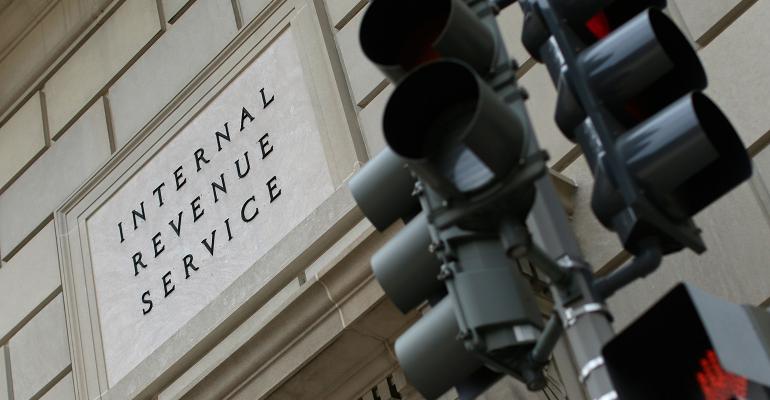In IRS Notice 2020-32, the Internal Revenue Service takes the position that loan forgiveness under the Paycheck Protection Program (PPP) causes the complete disallowance of deductions for the salary, ren,t etc. expenses paid with the PPP funds, pursuant to Internal Revenue Code Section 265(a)(1), which provides, in relevant part:
(a) General rule No deduction shall be allowed for—
(1) Expenses
Any amount otherwise allowable as a deduction which is allocable to one or more classes of income ... (whether or not any amount of income of that class or classes is received or accrued) wholly exempt from the taxes imposed by this subtitle.
Paragraphs (b) and (c) of Treasury Regulations Section 1.265-1 of add:
(b) Exempt income and nonexempt income.
(1) As used in this section, the term class of exempt income means any class of income (whether or not any amount of income of such class is received or accrued) wholly exempt from the taxes imposed by Subtitle A of the Code. For purposes of this section, a class of income which is considered as wholly exempt from the taxes imposed by subtitle A includes any class of income which is:
(i) Wholly excluded from gross income under any provision of Subtitle A, or
(ii) Wholly exempt from the taxes imposed by Subtitle A under the provisions of any other law.
(2) As used in this section the term nonexempt income means any income which is required to be included in gross income.
(c) Allocation of expenses to a class or classes of exempt income. Expenses and amounts otherwise allowable which are directly allocable to any class or classes of exempt income shall be allocated thereto; and expenses and amounts directly allocable to any class or classes of nonexempt income shall be allocated thereto. If an expense or amount otherwise allowable is indirectly allocable to both a class of nonexempt income and a class of exempt income, a reasonable proportion thereof determined in the light of all the facts and circumstances in each case shall be allocated to each.
What about Paragraph (c)?
Although Notice 2020-32 refers to paragraph (b) of the Treasury regulations, the Notice fails to discuss paragraph (c). In the typical small business owner case, salary, rent, etc. expenses for which PPP loan cancellation is sought aren’t directly allocable to the tax-exempt cancellation of indebtedness income, but instead are indirectly allocable both to the tax-exempt income and to the items of taxable gross income that these expenses are intended to generate.
For example, if a $50,000 forgiven PPP loan (based on payroll and rent expense) has the effect of generating approximately $100,000 of gross receipts for a law firm, then under the last sentence of paragraph (c) of Treas. Regs. Section 265, set out above, only one-third (or $50,000/$150,000) of the $50,000 payroll and rent expense (or $16,667) should be disallowed, as the “reasonable proportion thereof determined in the light of all the facts and circumstances” in the case.
Based on the foregoing, and in addition to the argument that IRS Notice 2020-32 violates the spirit of the Coronavirus Aid, Relief, and Economic Security Act (a situation that many in Congress are currently attempting to rectify by additional legislation), the small business owner should be able to argue that, by failing to address paragraph (c) of Treas. Regs. Section 1.265-1, and instead choosing to treat all PPP forgiveness situations as directly allocable only to tax-exempt income, the IRS has misapplied IRC Section 265 in the typical small business owner PPP forgiveness case.
The Notice’s author is basically asserting that, but for the PPP forgiveness, the employer wouldn’t have incurred the payroll or rent expenses. This unilateral declaration simply isn’t true, as all small business owners know.





